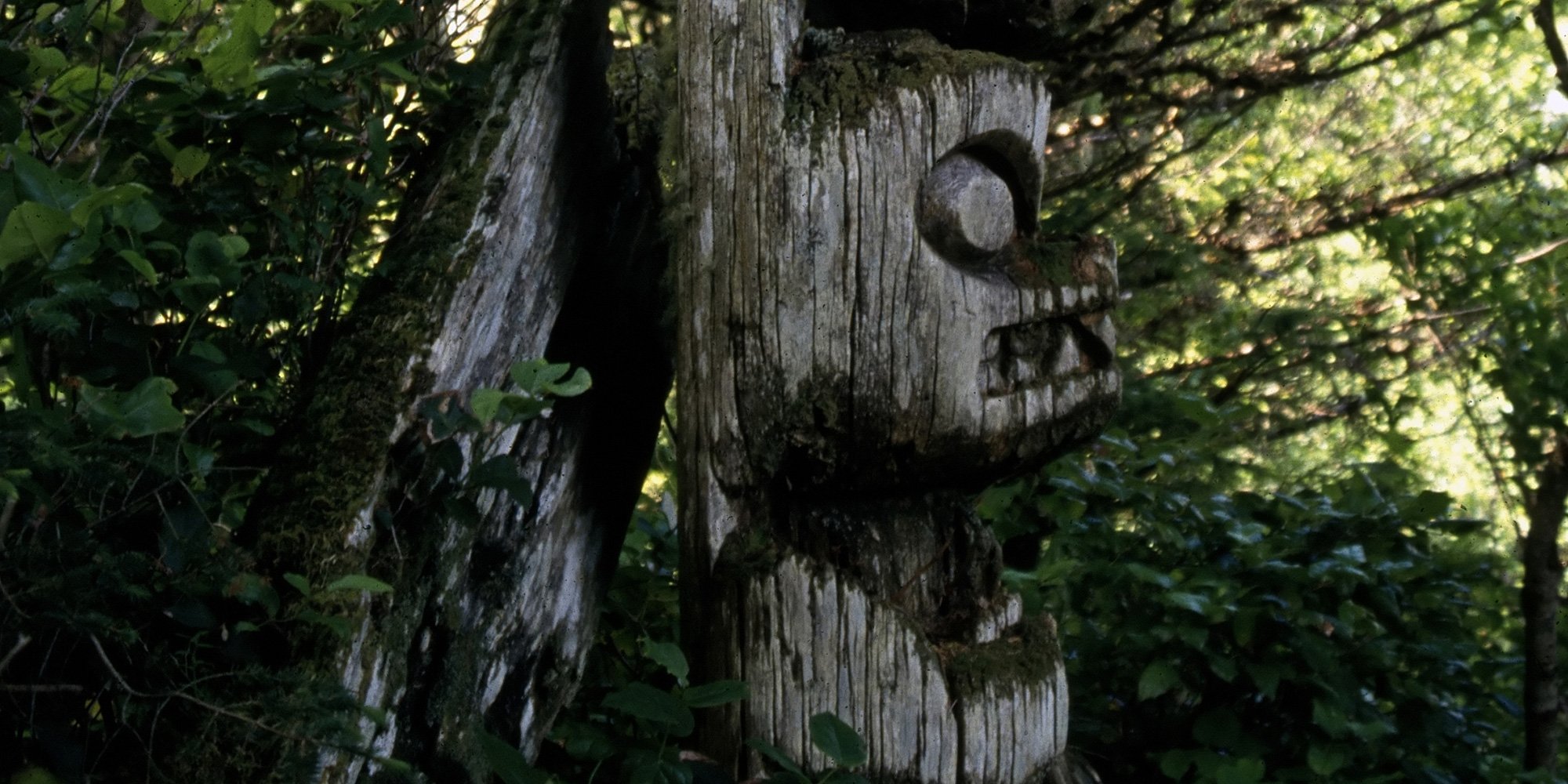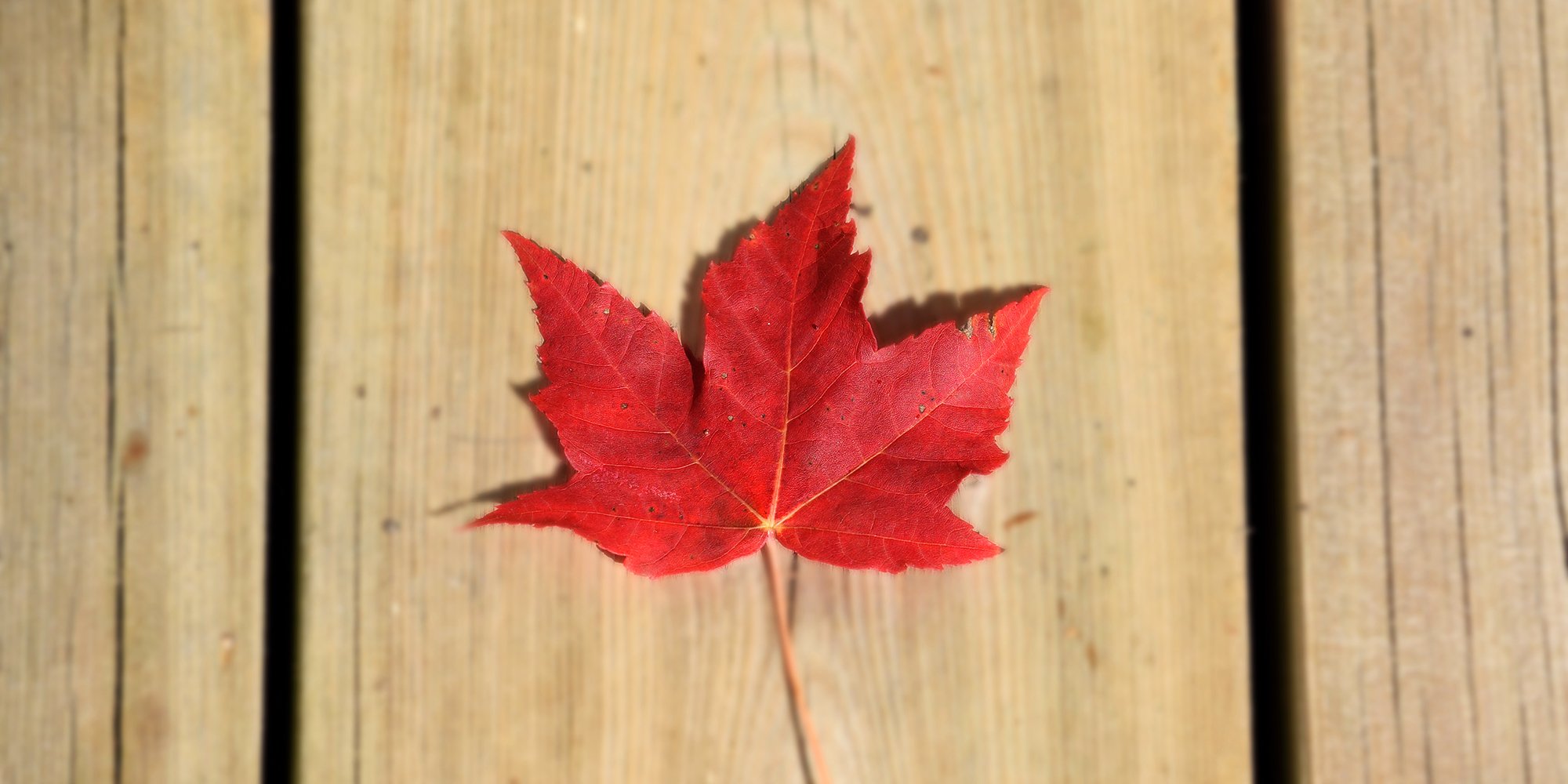9 Indigenous Relations Best Practice Must Dos
What constitutes Indigenous relations best practices? Here are a few suggestions for consideration.

"Take a Hike is a full-time alternative education program that engages at-risk youth through a unique combination of adventure-based learning, academics, therapy, and community involvement." [1] Ken Farrish, BC Building Info, and Farrish Marketing Services, spent many years as a volunteer with the Take a Hike program and came away with some very useful insights on engaging youth, both Aboriginal and non-Aboriginal.

Can you tell us about your experiences as a volunteer with Take a Hike program - what you personally gained from your time with the organization?
I realized as a parent, and as a volunteer for 17 years with Scouts Canada and 10 years with the Take a Hike Program, that I can learn more from youth than from any other sector of our society.
One of the biggest lessons I learned was to just be real because youth can see through the mask better than adults can. They can tell when you are real and safe and whether they can open up to you. I learned a lot about working with adults from volunteering with youth. I like to say it was my “Advanced Management Training”.
I was invited by an Elder, the grandmother of one of our graduates, to attend the graduation celebration for this young fellow, at the Musqueam Indian Band. I didn’t realize the significance at the time but wow, it was gold for me. It was so insightful to see how the Elders were respected and how important community is for Aboriginal youth. It was such an honour to be invited and welcomed to share that moment with the community.
One thing I know for sure from time spent with Aboriginal youth is that non-Aboriginal people have no comprehension of what we can learn from Aboriginal Peoples.
What have you learned about engaging Aboriginal youth?
What doesn't work?
What 5 suggestions do you have for Human Resource managers who are interested in hiring and retaining Aboriginal youth?
[1] Take a Hike Foundation website
To build on Ken's tips on what not to do or say, here's a free eBook with 23 more tips:

What constitutes Indigenous relations best practices? Here are a few suggestions for consideration.
In this post, we share some insight on First Nation Protocol including why you should thank the host First Nation, and on the side provide an example...

In 2017, Canada marked 150 years since its confederation. Whether to celebrate or not to celebrate was debated and discussed in the media, in...